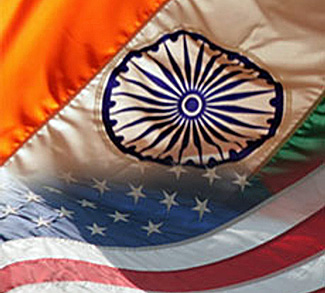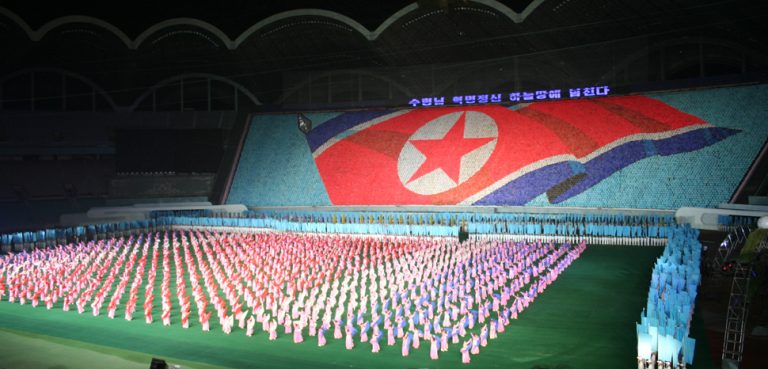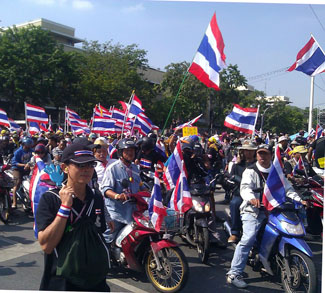Summary
We often think of foreign policy as something that’s only guided by calculations of national interest. This isn’t always the case, and nowhere is this more apparent than in American foreign policy.
Analysis
While domestic lobby groups with foreign agendas have always existed, they are now becoming increasingly sophisticated in regards to their organization and economic clout. Not content to rely on national embassies to further their national interests, foreign governments have turned to lobbyists as a more effective way of bending American foreign policy. These lobbies, as well as domestic pressure groups organized around cultural or ethnic lines, are effectively privatizing American foreign policy.
This is the first in a series of reports on foreign policy lobbies in the United States. The series aims to highlight major players, their past accomplishments, their future interests, and most importantly how the goals of foreign policy lobbies are not always congruent with America’s national interest.
The India Lobby
The India lobby is fast establishing itself as a force to be reckoned with on Capitol Hill, joining the ranks of other major lobbies representing Israel, China, Taiwan, Ukraine, and Armenia to name a few. There are several Indian-American pressure groups currently operating in Washington, including: the U.S.-India Business Council, the Indian-American Republican Council, and the Confederation of Indian Industry. Of all these groups, the undisputed rising star of the Indian-American lobby is the U.S.-India Political Action Committee (USINPAC), a group that models itself after the highly successful pro-Israel lobby group AIPAC.
Owing to the large and affluent Indian-American community, USINPAC has been able to attract a wide membership and command a large pool of economic resources with which to influence members of Congress. Like AIPAC, USINPAC is not regulated by the Foreign Agents Regulation Act (FARA) because its’ stated focus is Indian-Americans. However, in the case of foreign policy lobbying, trying to separate domestic from foreign interests is exceedingly difficult, for promoting policies that are ‘friendly to India’ is often just a euphemism for promoting India’s national interest.
The US-Indian Nuclear Accord
India’s Pokhran-II nuclear tests in 1998 resulted in President Bill Clinton slapping sanctions on New Delhi; a low point in modern US-Indian relations. It only took three years for most of the sanctions to be waived. By 2005, the Bush administration had agreed to co-operate with New Delhi on nuclear technology – a decision that gave the Non-Proliferation Treaty (NPT) a shove towards terminal irrelevance. This dramatic eight year U-turn represented the first major victory for the India lobby in Washington.
The Hyde Act- the bill legitimizing India’s nuclear program and a resumption of American nuclear aid- passed 359-68 in the House of Representatives, thanks in large part to the efforts of a broad coalition of Indian-American lobby groups. Paradoxically, many prominent figures in the American foreign policy establishment opposed the bill on the grounds that it would do irrevocable damage to the credibility of the international non-proliferation regime. They argued that by legitimizing India’s decision to shun the NPT and the Comprehensive Test Ban Treaty (CTBT), and to test nuclear weapons, Washington was setting a dangerous precedent for future aspiring nuclear states such as Iran.
The drafting and passage of the Hyde Act was lubricated by a broad coalition of special interests that included India lobby groups, lobbying firms such as Barbour, Griffith & Rogers and corporations like Lockheed Martin. The prospect of normalizing US-Indian relations in the wake of Pokhran-II and forming a strategic relationship represented a substantial commercial opportunity for American military contractors. The defense industry could read the writing on the wall in the form of potential sales stemming from an arms race between India and China. Thus, the Pokhran-II tests were forgotten and strategic engagement was born.
Moving forward, the India lobby can be expected to continue flexing its newfound muscle on Capitol Hill. While a cursory glance at USINPAC website reveals a campaign to unseat ‘noted India critic’ Rep. Dan Burton, most of the group’s focus should now fall on influencing America’s policy towards Pakistan. To that end, USINPAC has been at the forefront of the call for an audit of how the Pakistani government spends American aid.
Whether the benefit of a closer U.S.-Indian strategic relationship outweighs the harm done to global non-proliferation efforts is debatable. What’s more important however is the process that led to the decision because it suggests that American foreign policy is more influenced by money and Washington insiders than by the dictates of national interest.




